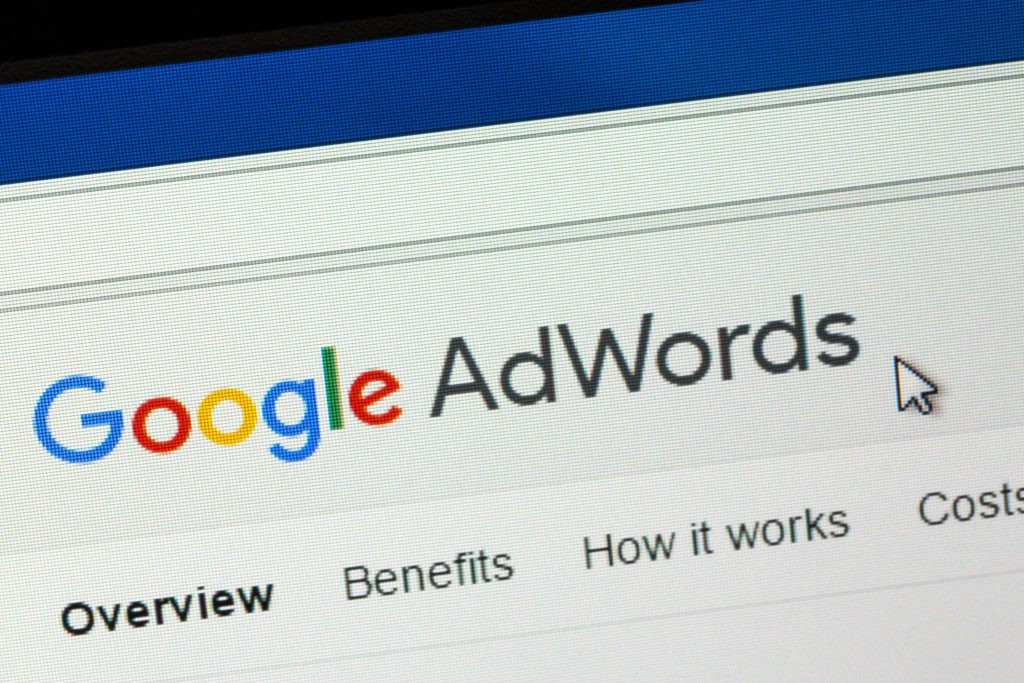Running a business has always placed a certain emphasis on essential human qualities. You need to manage a team well to get the most out of each individual. Negotiating with suppliers and convincing investors will inevitably require good interpersonal skills.
But the most vital human skill of an entrepreneur is arguably intuition. Entrepreneurs who’ve founded multiple businesses often attribute their repeat success to trusting their instincts. Through self-efficacy, decisiveness, and pragmatism, they can navigate ambiguous situations and use their intuition to make good business choices.
Despite the proven value of intuitive thinking, the trend towards using data analytics in business is seen to be rising towards inevitable prominence. Should business leaders really place so much trust in what AI tells us? How do you make the most of its potential instead of trusting your gut?
The rise of AI
As technology has developed with increasing pace, becoming ever more sophisticated over the years, many people fear their jobs. This is a common concern in occupations where manual labor or repetitive tasks can be replaced with automation for speed and accuracy humans can’t match.
But the realm of actual intelligent, creative thinking has long been seen as the exclusive domain of human beings. Computers might beat us at chess or even e-sports, but those are games with limited variables. Lines of action may be complicated, but they are finite, and outcomes predictable.
In practice, however, complex fields of study have gradually begun to incorporate AI and even rely on it over the years. Consumer research methods have come a long way from the 20th century, where fields such as psychology, anthropology, and sociology contributed heavily to understanding market behavior. We now use AI to parse vast amounts of data and use linear regression to model behavior.
Under-utilized data
‘Big Data’ has been a buzzword in recent years. Yet many business leaders continue to resist its influence. Studies show that despite making an effort to amass data, more than half of businesses aren’t using it to drive decisions. That percentage rises even further among SMEs.
Lack of means or skill to effectively analyze data may factor into that inertia. But equally, many executives continue to trust their gut when making business decisions.
Under-utilized data is inefficient. The means to know more about your customers could be sitting right at your employees’ fingertips, integrated into their CRM software. While you obsess over performance metrics, you might be missing out on emerging health trends that favor the opportunity to start a fresh food franchise.
Getting it right

Seasoned business leaders tend to discount the potential of data because it’s too often applied towards past and current scenarios. Those insights can be highly accurate and obtained swiftly, but if you’re really on top of your business, you won’t be learning anything new. You’ll just be getting a few percentage points closer to the mark in terms of information accuracy.
Instead, data can be maximized when used as an aid to peer into the nebulous future. Predictive analytics focuses on forecasting trends and behaviors that can lead to adopting an entirely new model. This sort of information can really shine in backing up human intuition and overcoming our cognitive biases.
Along with a focus on prediction, your use of data must also be ethical. Recent years have seen growing awareness surrounding consumer privacy and the emergence of stricter regulations in this regard.
Being proactive in compliance with such measures will foster consumer trust and help to legitimize the practice of predictive analytics in your business. In this way, you can stop using data to analyze things your intuition already knows about and use it to navigate tricky decisions with greater accuracy.


